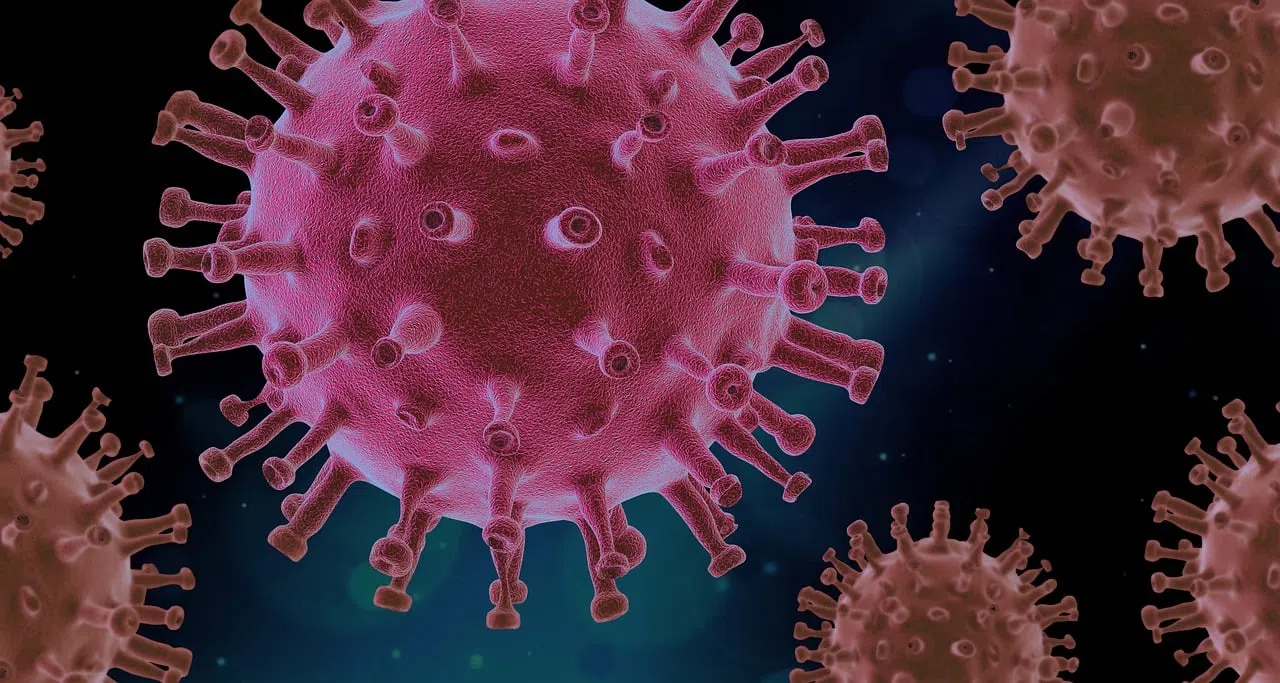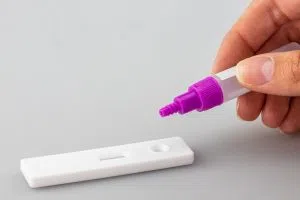Researchers at Western University have started to take two new projects global, that will help find treatment for anyone with continuous COVID-19 symptoms otherwise known as long COVID.
“We took on some studies a few years back where we took blood work and we looked for changes in the body. We were able to find chronic changes which are associated with long COVID.” says western pediatrician professor, LHSC physician and lead of the research project Dr. Doug Fraser.
“We’re supported by the Schmidt Initiative for Long COVID, which is funded by Eric and Wendy Schmidt and their Family Foundation.”
“After our initial work, they sought us out and asked if we would get involved with some COVID projects with them. We said yes and subsequently after seeing what our capabilities were, they asked us to lead the clinical studies worldwide.”
The two projects present the first multi-continental research done for long COVID, having study sites in not only North America but South America and Africa as well.
“The disease manifests itself differently depending where you are. Depending what previous infections or vaccinations you’ve had, your immune system is slightly different. There’s all sorts of geopolitical aspects around the world as well that contribute to the poor or lack of health care in some areas.”
Even though Dr. Fraser and his team are taking the second project outside of Canada, they’re making sure London stays taken care of.
“We have long COVID clinics at St. Joe’s Hospital that are going, I think, I believe two half days a week. And they’re in demand from people who have had COVID-19 and are struggling from these chronic symptoms.”
The first project that took place is now wrapping up, but the research consisted gathering groups of people with long COVID who shared the same symptom’s, and understand why some of them are more vulnerable to the sickness.
The second project which the research team will begin soon, will be about finding an existing drug that can be remade into a effective treatment. A major goal they have now, is to provide low-cost drug interventions globally.






